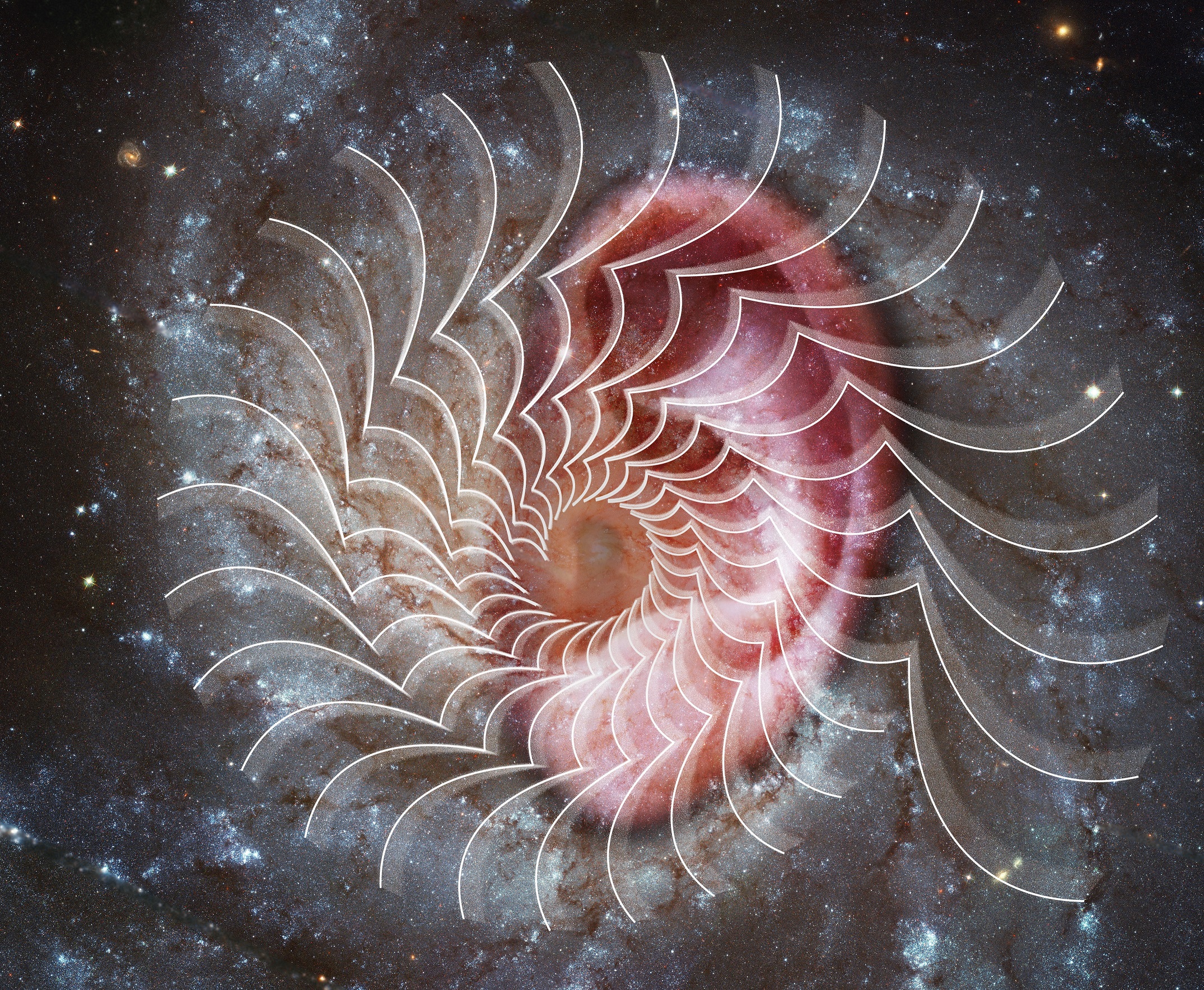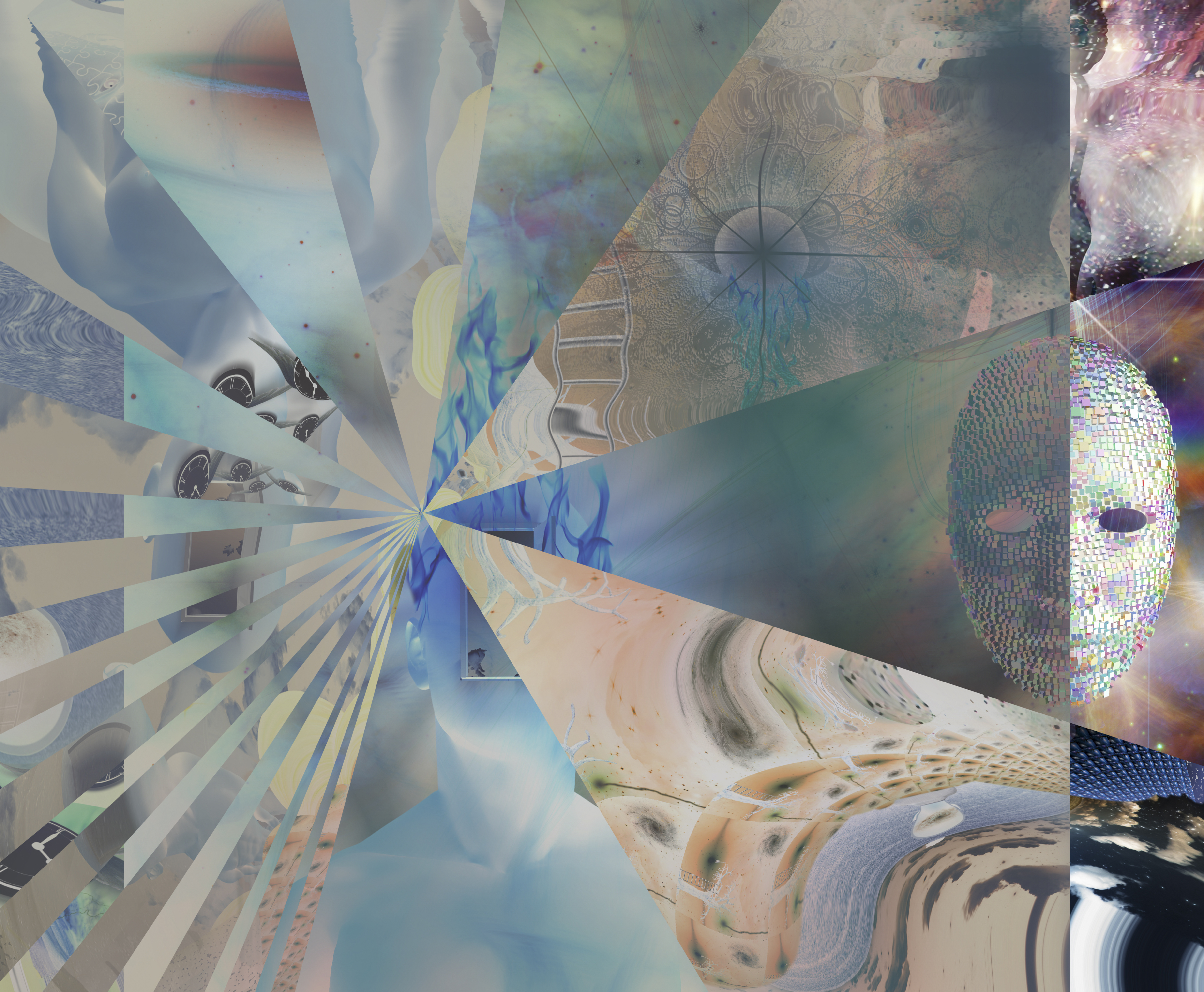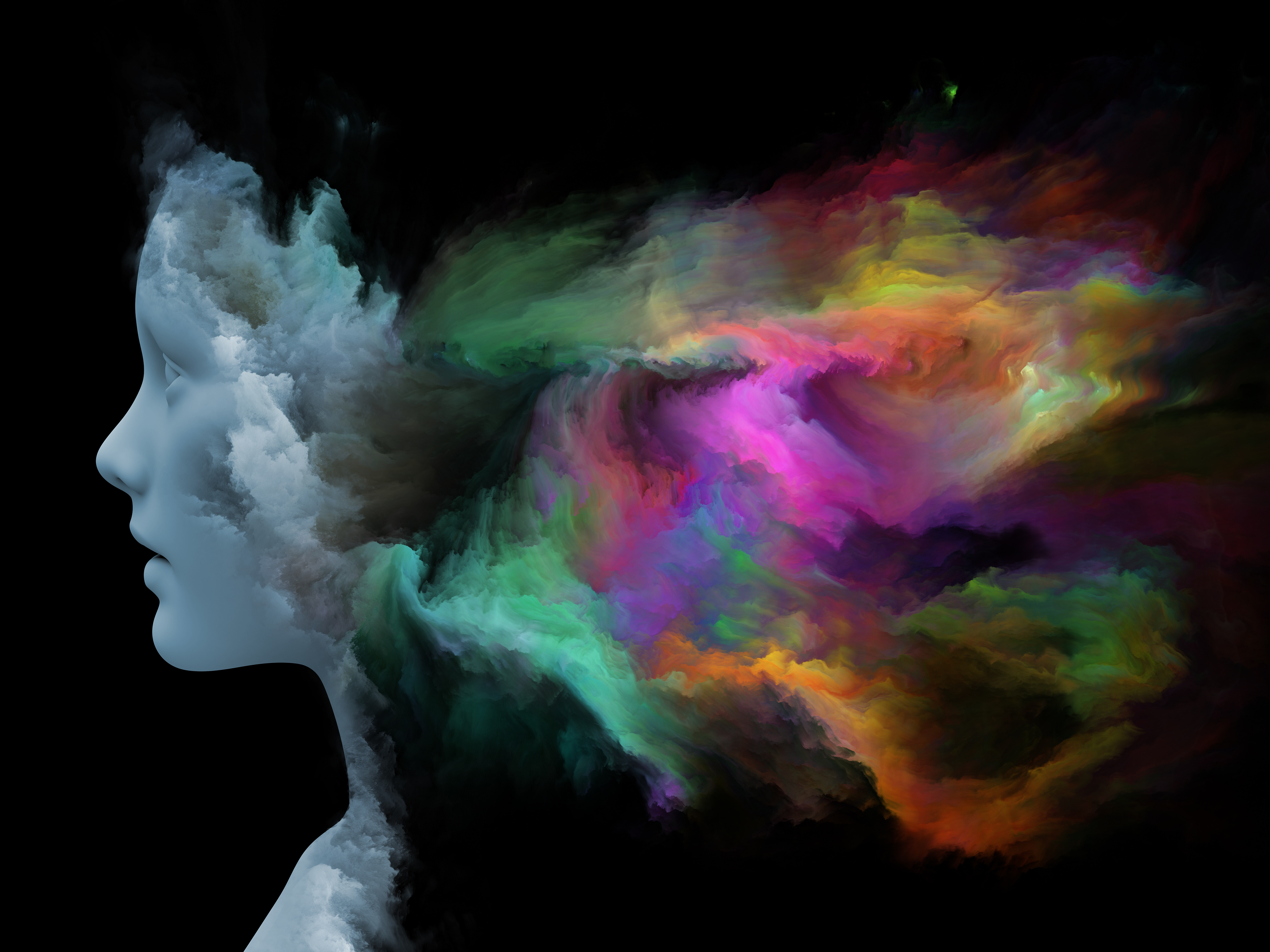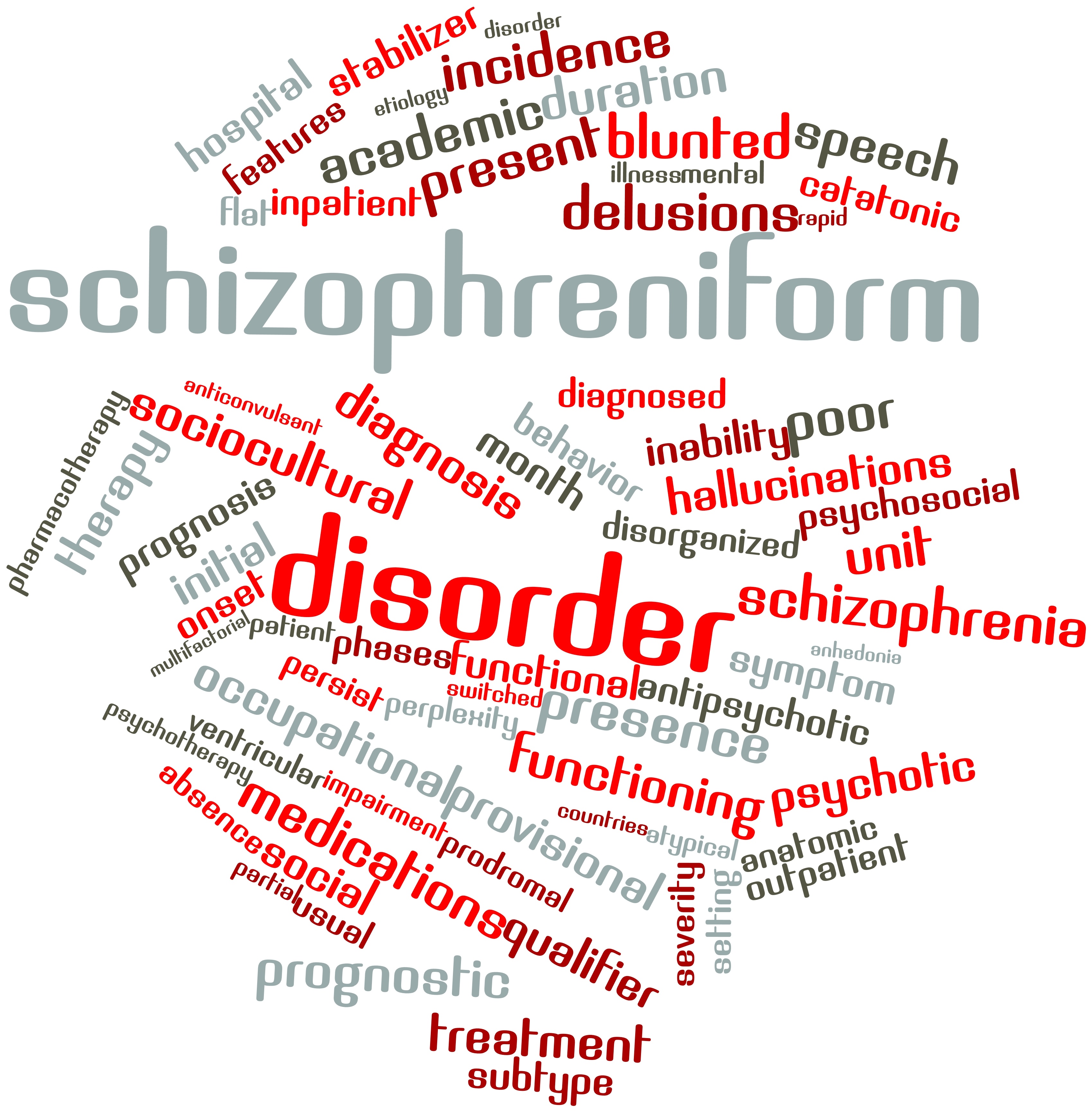Topics tagged with "Positive symptoms"

Hallucinations
This podcast includes information about hallucinations and the best treatment options. September 2021

Psychotic symptoms
What are psychotic symptoms in bipolar disorder? Psychotic symptoms are sometimes found in people with bipolar disorder, particularly in the manic phase of the illness. The severity of psychotic symptoms can significantly affect a person’s day-to-day functioning, quality of life, and cognition. Psychotic symptoms most commonly involve hallucinations and delusions. Hallucinations are defined as a perceptual experience that occurs in the absence of any corresponding external sensory input. They are most commonly auditory, but can occur in any modality. Delusions are fixed, false beliefs that persist regardless of contradictory evidence, and are not explained by cultural beliefs. Persecutory delusions involve…

Cognitive functioning related to symptoms
How is cognitive functioning related to symptoms? Schizophrenia is characterised by positive, negative and disorganised symptoms. Positive symptoms refer to experiences additional to what would be considered normal experience, such as hallucinations and delusions. Negative symptoms include blunted affect, impoverished thinking, alogia, asociality, avolition, and anhedonia. Alogia is often manifested as poverty of speech, asociality involves reduced social interaction, avolition refers to poor hygiene and reduced motivation, while anhedonia is defined as an inability to experience pleasure. Disorganised symptoms involve bizarre behaviour and disorganised thought and speech. Cognitive deficits are also a core feature of schizophrenia. These deficits may be…

Positive symptoms
What are positive symptoms of schizophrenia? Positive symptoms are a well-documented feature of schizophrenia and are arguably the most recognisable and conspicuous symptoms. Positive symptoms include hallucinations and delusions. Hallucinations are defined as a perceptual experience that occurs in the absence of any external sensory input, and are most commonly auditory, but can occur in any modality. Delusions are distortions or exaggerations of inferential thinking, which lack any logical consistency, are not explained by cultural beliefs, and persist regardless of contradictory evidence. Persecutory delusions involve the belief that people are “out to get” the individual, resulting in a lack of…

Schizophreniform disorder
What is schizophreniform disorder? Schizophreniform disorder is a part of the schizophrenia spectrum of disorders and has sometimes been used as a provisional diagnosis while waiting to see if symptoms improve by six months or progress, resulting in a diagnosis of schizophrenia. DSM-5 requires at least one of the following symptoms is present for a significant portion of the time during a one-month period, but for less than six months: delusions, hallucinations or disorganised speech. Disorganised behaviour or negative symptoms may also be present. There can be no manic, depressive or mixed manic-depressive episodes, and any mood disturbance must have…

Schizoaffective disorder
What is schizoaffective disorder? Schizoaffective disorder is on the schizophrenia spectrum of illnesses. Diagnosis of schizoaffective disorder requires schizophrenia-like symptoms of psychosis, in addition to affective/mood symptoms such as depression. There is some debate as to whether schizoaffective disorder represents a unique diagnosis or an intermediary between schizophrenia and mood disorders. There are also considerable differences between different diagnostic criteria regarding the definition of schizoaffective disorder; particularly the Diagnostic and Statistical Manual (DSM) and the International Classification of Diseases (ICD) criteria. Specifically, the ICD and also the Research Diagnostic Criteria (RDC) require simultaneous and equally prominent presence of psychotic and…
Green - Topic summary is available.
Orange - Topic summary is being compiled.
Red - Topic summary has no current systematic review available.